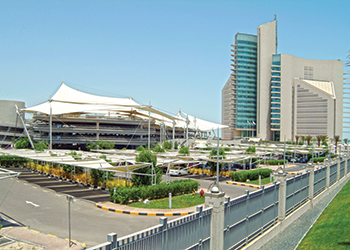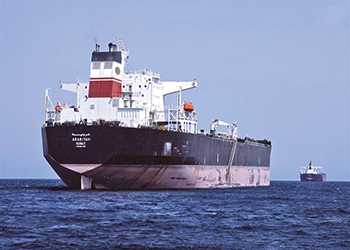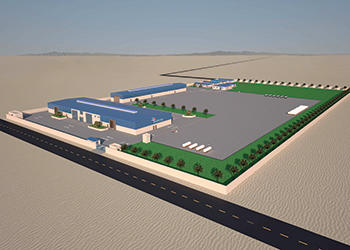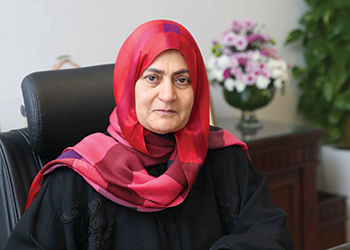
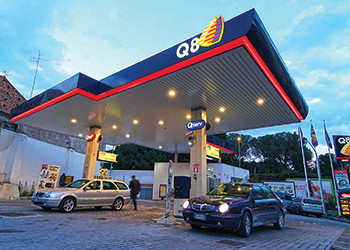 Kuwait is planning to import fuel
Kuwait is planning to import fuel
The decision to close Shuaiba refinery came after studies showed it was unfeasible to develop it
Kuwait National Petroleum Company (KNPC) has announced completely suspending operations at Shuaiba refinery following the Supreme Petroleum Council’s decision to shut down Kuwait’s oldest refinery.
Commenting on the decision, KNPC’s deputy CEO for Mina Abdullah refinery Mutlaq Al Azmi says that the decision comes within a five-year plan including 16 transitory months until Zour refinery and the clean fuel project at Mina Abdullah and Mina Ahmadi are operational.
Speaking in an interview with Al Arabiya TV, Azmi says the plan includes importing some products, namely fuel oil to be used during the summer to generate electricity, in addition to importing gasoline during certain months when Kuwaiti refineries undergo maintenance operations.
Azmi added that the cost of gasoline was getting dearer because the refinery was very old, but stressed that importing it would have the same cost.
Notably, the decision to close Shuaiba refinery came after all studies showed how difficult and economically unfeasible its development would be. The refinery was launched in 1968 with a daily capacity of refining 200,000 barrels.
It will be substituted by Zour refinery and its storage facilities and marine export platforms will be used for the biofuel project, while its staff will be distributed to new posts in the other three refineries.
Last December, Kuwait has agreed to start a long-delayed gas import deal with Iraq, the two countries announced during a visit of Iraq’s oil minister that was also aimed at drumming up Kuwaiti investment in Iraq.
The plans for such a deal have dragged on for well over a decade, but have failed to come to fruition because of Iraq’s ongoing internal conflict and lack of investment for infrastructure to convert the huge amount of gas it flares from its oilfields. Iraq oil minister Jabbar Al Luaibi said the "venture is not new", but assured that Iraqi gas flows to Kuwait "will see the light very soon", Kuwait’s state news agency Kuna reported reported.
After meeting with Kuwait’s newly appointed oil minister, Essam Al Marzouq, Mr Al Luaibi said the two had agreed to form a joint committee to facilitate delivery of an initial 5 million cubic feet a day (mmcfd), with a plan to increase that gradually to 200 mmcfd.
Kuwait has struggled to meet its growing domestic demand for gas, importing more in recent years, especially in the form of liquified natural gas or LNG. Last year, the shortfall was about 500 mmcfd. Luaibi did not specify how the gas would be delivered, but in March Iraq exported the first gas from its southern oilfields in the form of a 10,000 square metre cargo of condensate, opening up a new revenue stream for its hard-pressed government.
Iraq’s gas development plans centre mainly on the Basra Gas Company, a $17 billion, 25-year project which is 51 per cent owned by the Iraq government’s Southern Gas Company, with Royal Dutch/Shell owning 44 per cent and Japan’s Mitsubishi the remaining 5 per cent.











































































